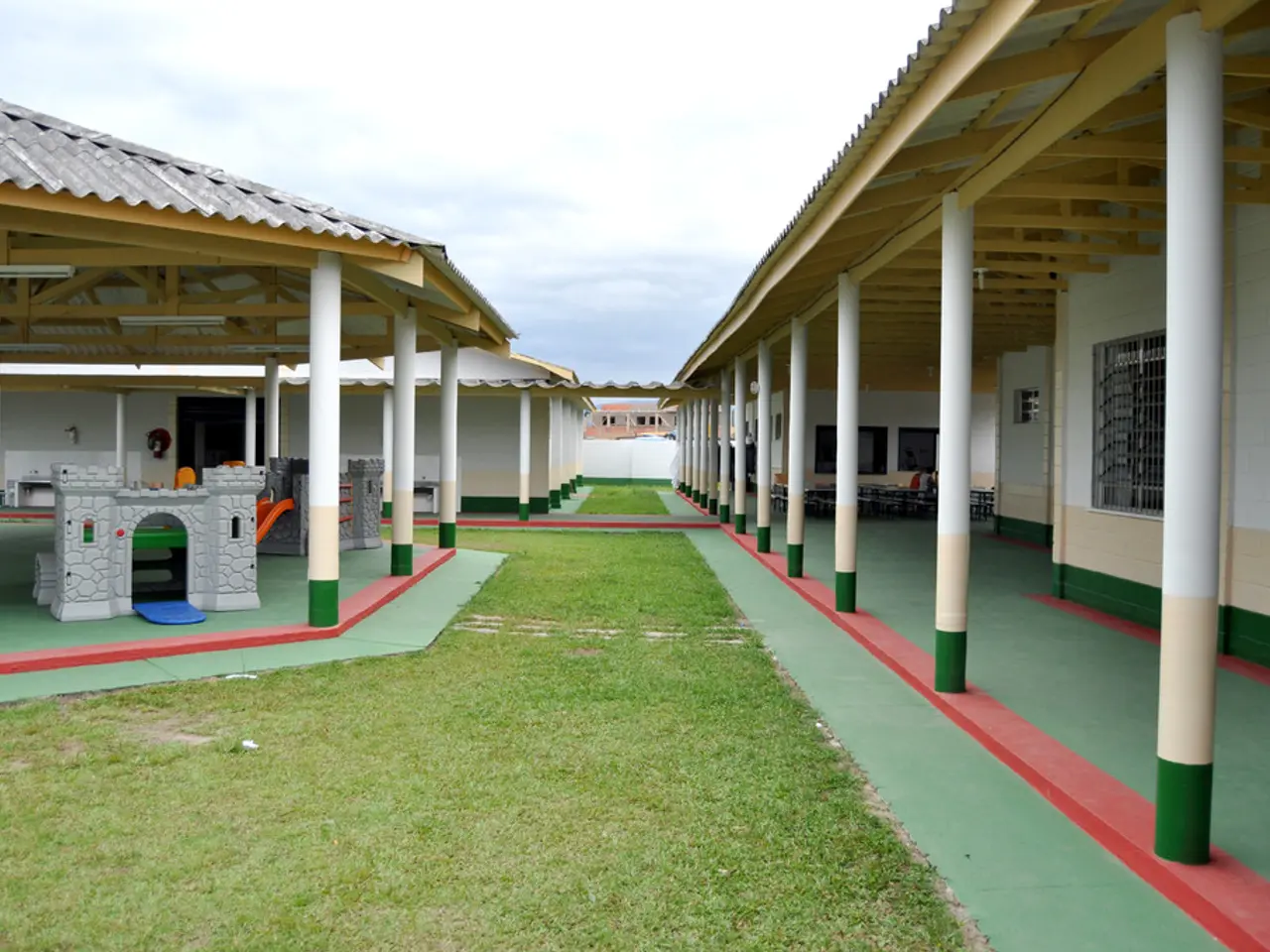Safe Haven for Mistreated Minors: Final Destination
In Rhineland-Palatinate, educational director Heike Lehwald-Daestner has highlighted a concerning increase in child neglect and abuse cases. This rise, she notes, is due to a combination of economic pressures, the aftermath of the pandemic, mental health challenges, family stress, greater awareness, and the influence of social media.
The Nardinihaus in Pirmasens, a facility providing care for children aged 12 and above who have experienced abuse, is currently very well occupied. The children who come to the Nardinihaus often arrive in a state of hunger, wearing dirty clothes, or without proper care. Some have experienced severe neglect, social-emotional neglect, or the loss of a parent.
Heike Lehwald-Daestner cites drugs, violence, and death as common experiences among the children she cares for. Some children are violent towards their parents because they have experienced their father beating their mother at home. However, there are also children who are not noticeable at all, and their issues need to be discovered.
The structures and methods of dealing with challenging children have changed significantly since the 1970s, with a shift towards a more child-centered approach. At the Nardinihaus, children's rights are a major focus, and they are given a voice and involved as much as possible.
The behavior of children and young people who have experienced neglect or abuse can vary, ranging from aggression to withdrawal. It's important to note that sexually abused children may exhibit sexualized behavior such as a desire to be noticed.
The Nardinihaus team ensures the safety and security of the children by having a protection concept and reporting cases immediately. They also receive many inquiries from youth welfare offices across Rhineland-Palatinate and beyond.
Despite the numerous parenting recommendations on social media, Heike Lehwald-Daestner attributes the increase in child neglect and abuse cases to a lack of clear parenting framework, changing values and norms, and the influence of social media. She warns that social media dominates the attention of parents, leading to less time spent with their own children.
In these challenging times, it's crucial to raise awareness about child neglect and abuse, and to support organisations like the Nardinihaus that are dedicated to helping these children rebuild their lives.
Science must examine the impact of social media and changing family values on child neglect and abuse rates in Rhineland-Palatinate, as highlighted by Heike Lehwald-Daestner. Mental health and wellness initiatives could potentially alleviate some of the underlying stressors leading to neglect and abuse, providing support to families and promoting healthier home environments.




